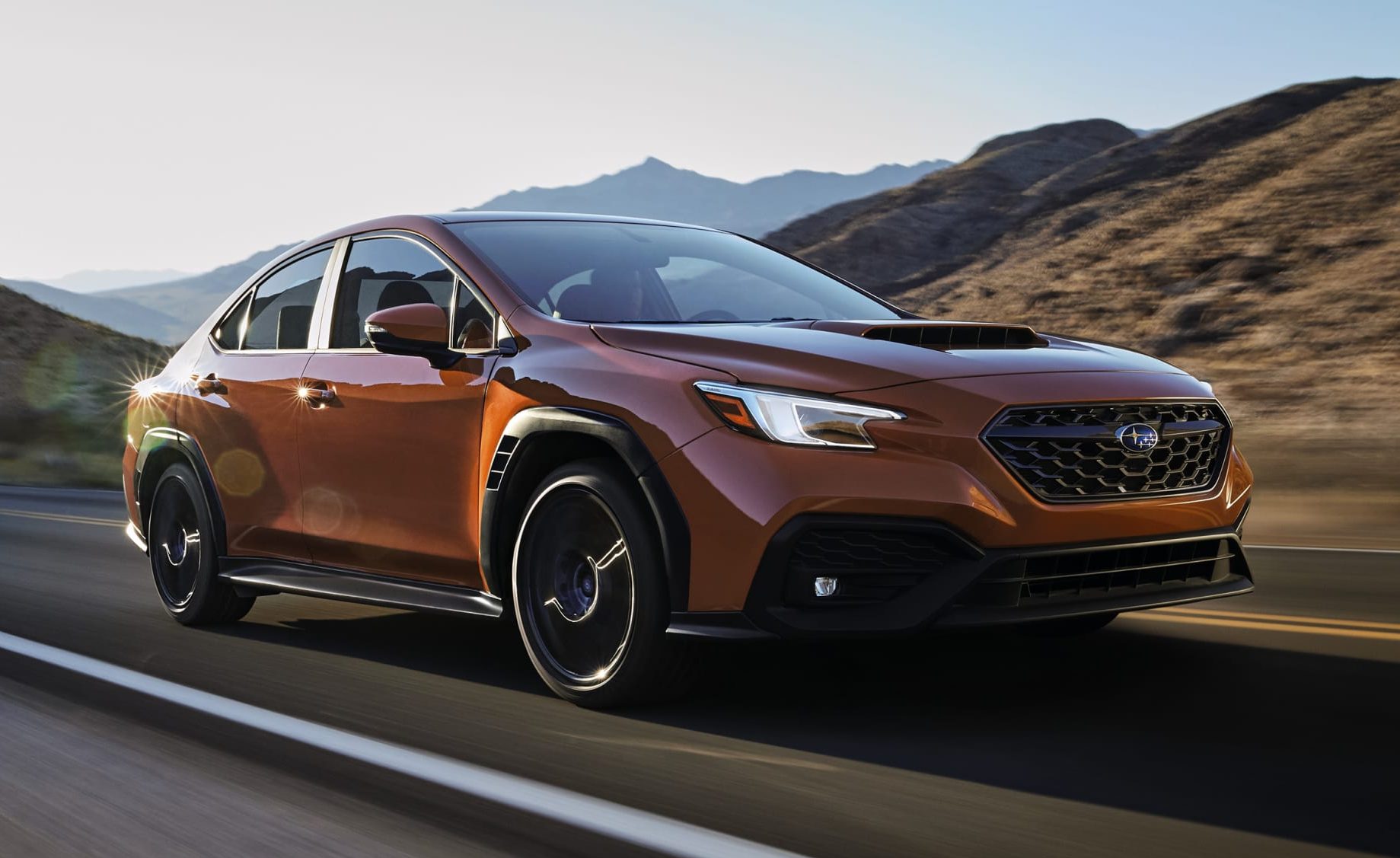Japanese car firms – alongside Yamaha and Kawasaki – turn to hydrogen and biofuel for use in traditional engines.
Five of Japan’s largest vehicle manufacturers – Subaru, Toyota, Mazda, Kawasaki and Yamaha – have jointly detailed a plan to safeguard the future of the internal combustion engine.
Speaking together at the Super Taikyu Race in Okayama earlier this week, representatives from each of the firms vowed to collaborate on “expanding fuel options” using existing ICE technology, bucking a wider industry trend towards full electrification.
The companies “intend to unite and pursue the three initiatives of participating in races using carbon-neutral fuels; exploring the use of hydrogen engines in two-wheeled and other vehicles; and continuing to race using hydrogen engines.”
They plan to continue on a trajectory towards collective carbon neutrality, as part of which they will continue to invest in electrification. But they will also seek to collaborate “in producing, transporting and using fuel in combination with internal combustion engines”, as part of a drive to give customers greater choice.
Toyota’s efforts in this area, particularly, are well documented. The company is already using a lightly modified Corolla race car to determine the viability of hydrogen-combustion technology, which, it says, would reduce the emissions of its vehicles without disregarding the several decades it has invested in developing its existing petrol and diesel engines.
Now, as part of this new joint initiative, Toyota will expand its existing partnership with Subaru to test ‘carbon-neutral’ synthetic fuels in a race environment. Next year, Subaru and Toyota will enter a BRZ and GR 86, respectively, into Japan’s Super Taikyu race series (in which the hydrogen-combustion Corolla currently races) using synthetic fuel derived from biomass.
The two car makers already have an EV development partnership in place and recently revealed their respective debut EVs: the technically identical Toyota bZ4X and Subaru Solterra. This latest element of the collaboration will see them attempt to “accelerate the development of technologies for all options and take on the challenge of achieving carbon neutrality.”
Their synthetically fuelled entries will be joined on the grid in 2022 by an experimental racer from Mazda, based on its 2 supermini. Using a specially adapted version of the firm’s 1.5-litre Skyactiv-D diesel engine, it runs on biodiesel derived entirely from biomass.
Mazda will use the race series to test and improve the reliability of its biodiesel-fuelled engine with a view to encouraging “the expansion of the use of next-generation biodiesel fuel”. The fuel itself is made from cooking oil and fats, which, Mazda said, means it does not compete with the human food supply. Notably, it does not require any modification to the standard engine, nor require any bespoke infrastructure to be implemented.
The firm is already using biodiesel in some of its company cars, having determined that its performance is on a par with that of standard, petroleum-based diesel.
Kawasaki and Yamaha, meanwhile, have teamed up to develop a hydrogen engine for motorbikes, an initiative it plans for Honda and Suzuki to join in the future. The four companies will explore how hydrogen-combustion motors can help to achieve carbon neutrality but will “maintain a distinct line between cooperation and competition” by establishing categorically which areas of research will be carried out jointly, and which are the preserve of each independent marque.
Felix Page




